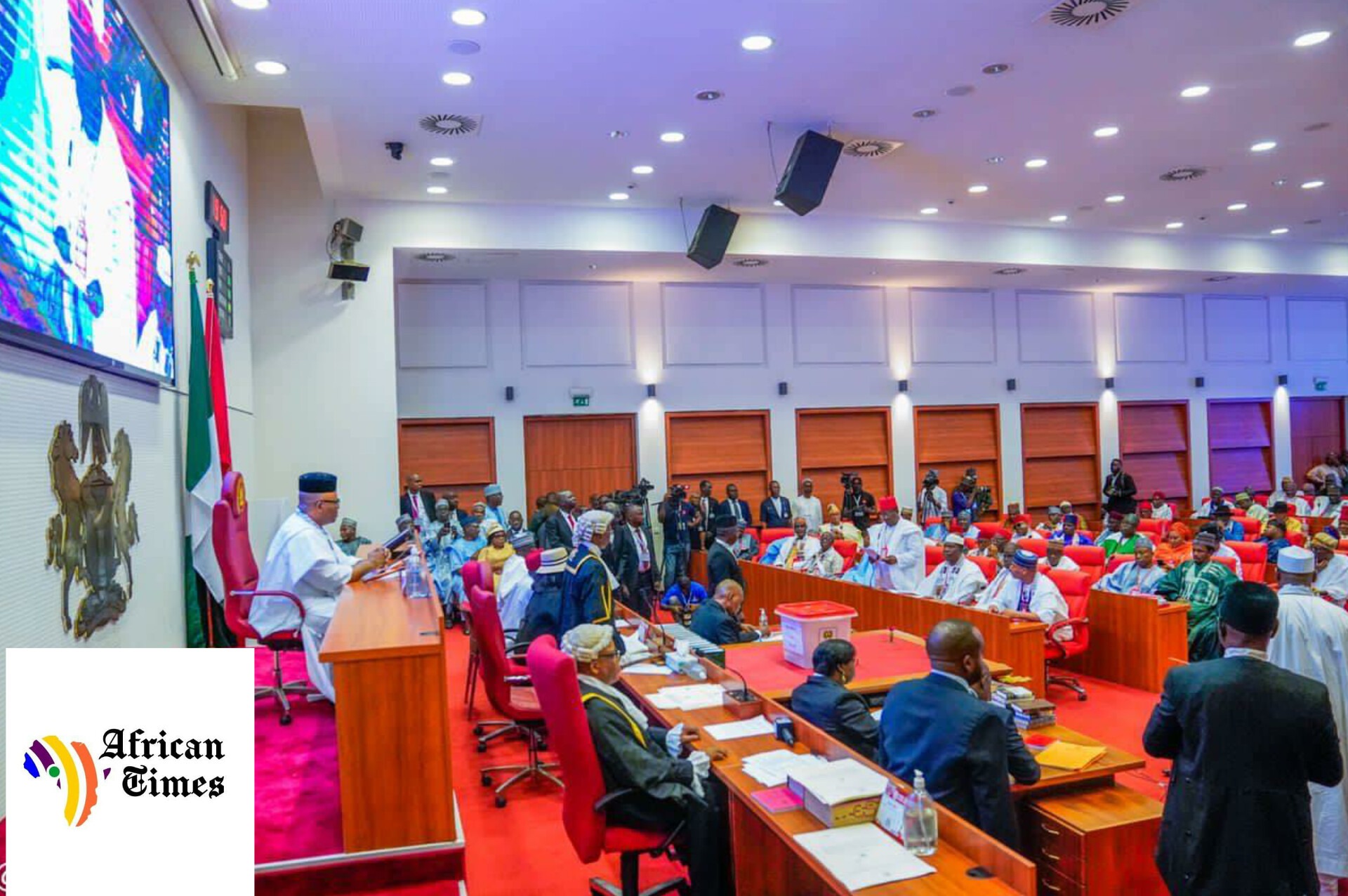Nigerian Senate Threatens MDAs with Zero Budgetary Allocation Over Financial Discrepancies

The Nigerian Senate has issued a stern warning to Ministries, Departments, and Agencies (MDAs) of the federal government, threatening them with zero allocation in the 2025 fiscal year if they fail to present detailed records of expenditures from the 2024 appropriations.
The ultimatum was delivered during an investigative hearing by the Senate Committee on Finance, chaired by Senator Sani Musa, focused on fiscal accountability and revenue remittance.
The committee’s session, which included the Accountant General of the Federation, Oluwatoyin Madein, exposed significant discrepancies in financial records across various agencies, prompting senators to demand greater transparency and accountability in the country’s financial management system.
In his opening remarks, Senator Sani Musa underscored the importance of financial transparency, warning MDAs that failure to appear before the committee could result in their exclusion from the 2025 budget.
“This performance review is preparatory to the 2025 budget. Any agency that fails to appear before this committee upon invitation risks zero allocation in the 2025 budget.
“Records of how appropriations made for 2024 are expended must be presented with facts and figures,” Senator Musa stated.
He further criticised the lack of accessible data on revenue collection and allocation, describing it as a barrier to effective policy making.
“We should be able to determine, at any point, the exact state of revenues collected, how they’ve been disposed of, and what has been allocated. Unfortunately, that is not the case today,” he lamented.
The committee highlighted inconsistencies in reports from key government agencies, including the Nigerian National Petroleum Company Limited (NNPCL) and the federation account.
Concerns were also raised over the inadequate reporting of dividends from Nigeria Liquefied Natural Gas (LNG) operations and other financial inflows.
According to figures presented by the Accountant General, only N2.9 billion (25%) of the N8 billion capital allocation for 2024 had been released for project execution.
Lawmakers criticised the low utilisation rate, describing it as a hindrance to the timely implementation of public projects.
The committee also flagged a controversial centralised payment system managed by the Accountant General’s office.
This policy, requiring over 700 MDAs to process payments through a single office, was criticised for creating bureaucratic bottlenecks and delays.
Contractors reportedly paid up to 5% of contract values under the table to expedite payments, a practice lawmakers decried as a major accountability issue.
Senator Musa stressed the need for collaboration between the Office of the Accountant General and other relevant agencies, including the Revenue Mobilisation Allocation and Fiscal Commission (RMAFC) and the Nigerian Extractive Industries Transparency Initiative (NEITI). A joint session is planned to address the discrepancies comprehensively.
The committee also urged reforms to decentralise financial management while maintaining strict oversight.
Senator Amos Yohanna (Adamawa North) summarised the overarching issue, stating: “Federal government revenue is suffering because budget performance is poor. Taxes remain low because payments are not made. We need a system that works.”
Next Steps
The Accountant General was given until today to provide all requested financial reports ahead of a follow-up meeting.
The Senate is also considering significant reforms to the centralised payment system to ensure timely budget implementation and foster national development.
This development reflects the Senate’s commitment to enhancing fiscal accountability and transparency in governance, as it seeks to address systemic inefficiencies and build a robust financial management framework.
Source: Vanguard







